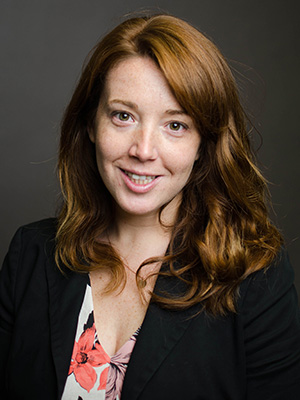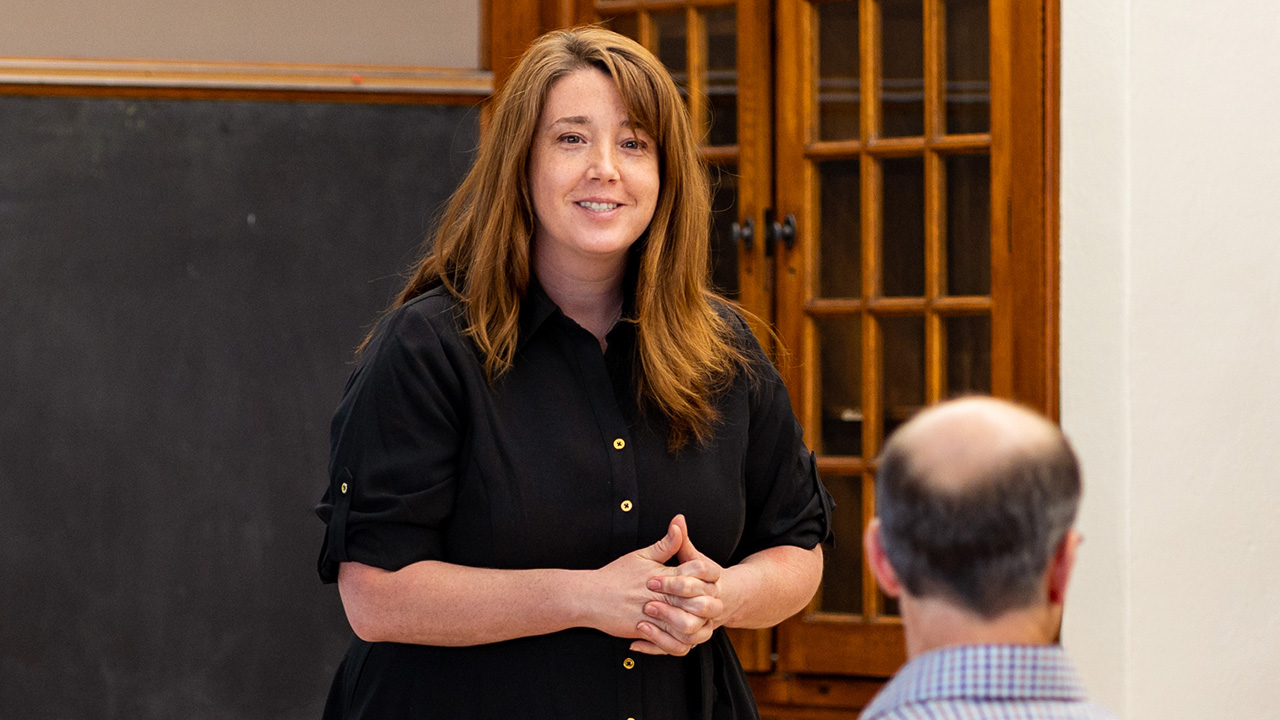
Meet Dr. Juandrea Bates, Associate Professor of History and Legal Studies at Winona State University.
She created a class for WSU students to learn how age has shaped children’s perspectives throughout history. And in the process, her class inspired her to pursue and publish an award-winning scholarly investigation about Argentine youth.
Who Is Dr. Juandrea Bates?
Dr. Juandrea Bates has been a professor at Winona State for 9 years and recently became Associate Director of the Legal Studies program.
Her passion for teaching History stems from her curiosity: “Reading about history exposed me to worlds that seemed far apart from my own. The more I read, the more I became inspired by the struggles, perseverance, and fortitude of regular people in the past.”
Dr. Bates enjoys teaching at Winona State because students are curious and driven, and they often apply what they learn in class to their lives outside of school.
Fun Facts
- Dr. Bates has backpacked through all of Central America.
- She has given presentations on her research across the U.S., France, Canada, Puerto Rico, and Colombia.
- She’s been to National Parks across the country, including Yellowstone, Acadia, Grand Tetons, Bryce, Zion, and Coral Sands.
What Has She Researched Recently?
In 2022, Dr. Bates’ decades-long research project concluded with the publication of her article, “Unaccompanied Minors and Fraudulent Fathers Civil Law in the Unmaking of Immigrant Family in Buenos Aires, 1869–1920.”
Her research discusses how children and caregivers who immigrated to Argentina during the 19th and 20th centuries were impacted by that period’s legal definition of family and age.
At the time, more than 6 million immigrants came through the Buenos Aires port. Argentina’s open immigration policy—which didn’t require immigrant children to bring civil records—directly clashed with the country’s strict legal requirements for paternal authority.
In other words, Argentina restricted immigrant parents’ rights to serve as their children’s legal guardians, which left many youth unaccompanied and without protection from abusive agencies.
Dr. Bates said her research offers meaningful knowledge about how youth interpret and explore the world: “In telling the story of immigrant youth, ‘Unaccompanied Minors’ also contributes to the history of gender, family, and childhood.”
Her article was published in the most prestigious journal in her field, the Hispanic-American Historical Review, and has received national awards like the Rocky Mountain Council for Latin American Studies Article Prize for Best Article Published and the Judy Ewell Award for Best Publication on Women’s History or Publication Written by a Woman.

How Does Her Research Help Students Succeed?
In the beginning stage of her research, Dr. Bates created a course for undergraduate students, HIST 397: The History of Childhood.
The class puts Winona State on the map as one of the only American institutions to teach childhood studies and history together.
HIST 397 offers a unique perspective on how age has shaped children’s experiences during critical periods in history dating back to 1500—from the encounters between Europeans and Indigenous groups to the post-World War II Baby Boom and beyond.
“I hope that by reading the real-life stories of people in the past, students will be inspired to improve their own world,” Dr. Bates added.
The course draws students from many different majors in education and liberal arts. HIST 397 also gives students an opportunity to do faculty-supervised research and present their findings to professional audiences.
It was her students’ research on the history of childhood that ultimately inspired Dr. Bates to pivot her investigation and explore unaccompanied minors: “Hearing students’ thoughts and feedback on the articles we read in class gives me new insights, and reading their research helped me reconceive some of my own findings.”
Learn more about the History and Legal Studies program.